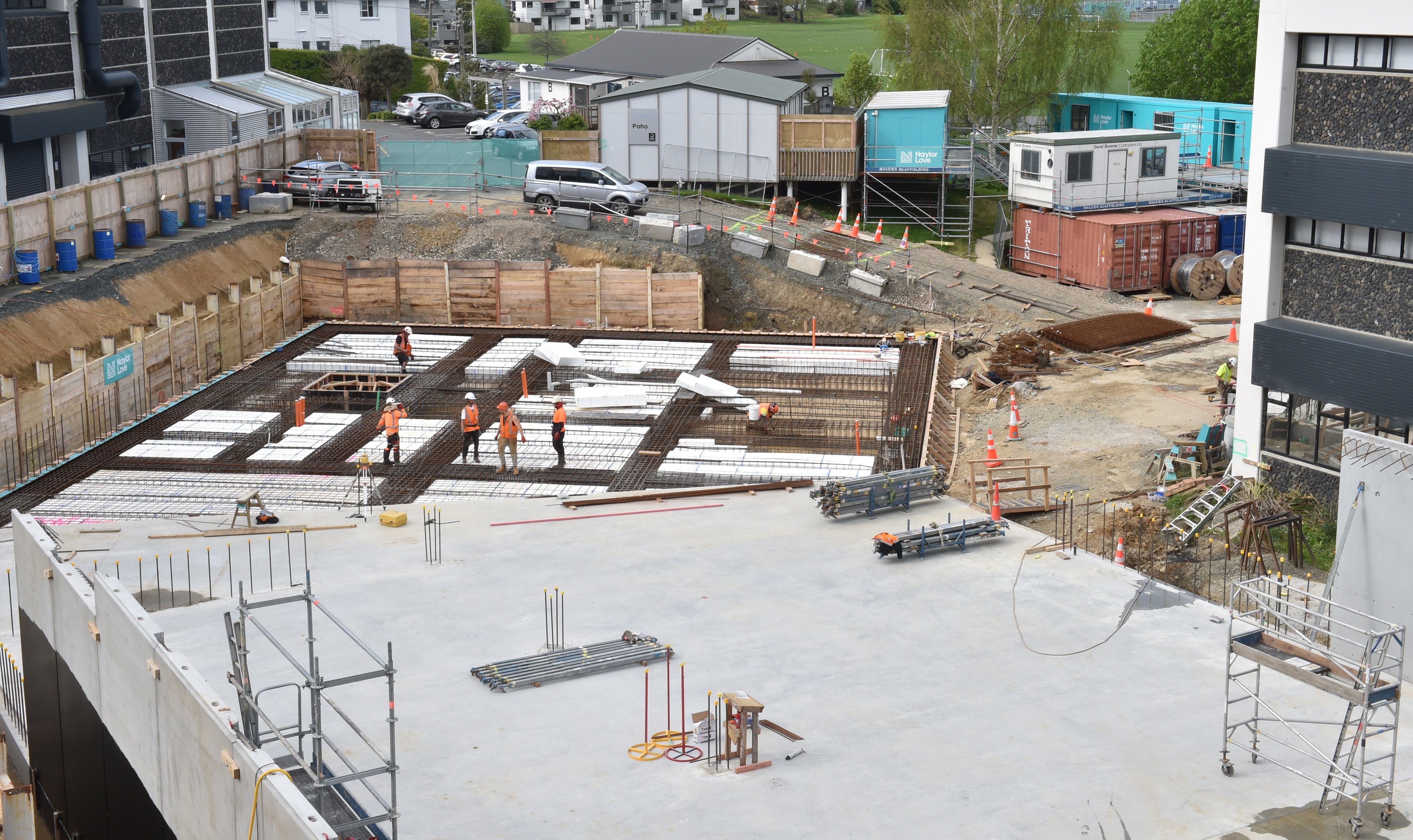
A new economic impact report shows the polytechnic added a total value of more than $912 million to the city’s economy between 2016 and 2020.
Across all of its campuses, including Cromwell and Auckland, economic expenditure rose from $464.3 million in 2019 to $469 million last year.
Polytechnic chief executive Dr Megan Gibbons said the report showed the significant contribution the institution made to the city.
Despite a small drop in international student numbers due to visa changes and Covid-19, its overall student numbers have grown by 20%.
It had 9367 students across all campuses last year, compared with 7793 in 2016.
The report noted that about 56% of students at the Dunedin campus came from outside the city, and 54% from outside Otago. About a third came from the North Island.
International students made up 14.4% of enrolments last year.
Dr Gibbons said the polytechnic had benefited from the Government’s Targeted Training and Apprenticeship Fund, which lifted enrolments last year.
"However, our ability to collaborate with industry and community is also a big factor in our institutional health."
The polytechnic employed 532.3 full-time equivalent staff (FTES) at its Dunedin campus last year, and 616 FTES in total across all campuses.
It was also part of the city’s construction boom.
Early last year it pitched a $31.7 million trades training centre to the Government, after it called for shovel-ready projects to help stimulate the economy.
After it was approved, Naylor Love started construction on the three-storey centre in January.
About 200 tradespeople are employed on the project, as well as construction managers and consultants.
Recently, contractors have poured sections of the ground floor, as well as installed large precast concrete panels.
While Covid-19 had delayed building projects around the city, campus environment director Tracey Howell said the polytechnic was working with Naylor Love on the building programme and remained confident it would be completed late next year.
Enterprise Dunedin economic development manager Fraser Liggett said the city’s tertiary institutions remained some of the most significant contributors to the local economy.
"Otago Polytechnic’s wider contribution in enabling and growing the next generation of highly skilled talent, innovators and entrepreneurs is hugely significant for the city and region."
Looking ahead, Dr Gibbons said the prospect of becoming part of the new national mega-polytechnic organisation, Te Pukenga-New Zealand Institute of Skills and Technology, was exciting.
"The charter for Te Pukenga is clear that while there are benefits in a networked approach, we also need to be responsive in the regions and this is something Otago Polytechnic has proven time and again."












